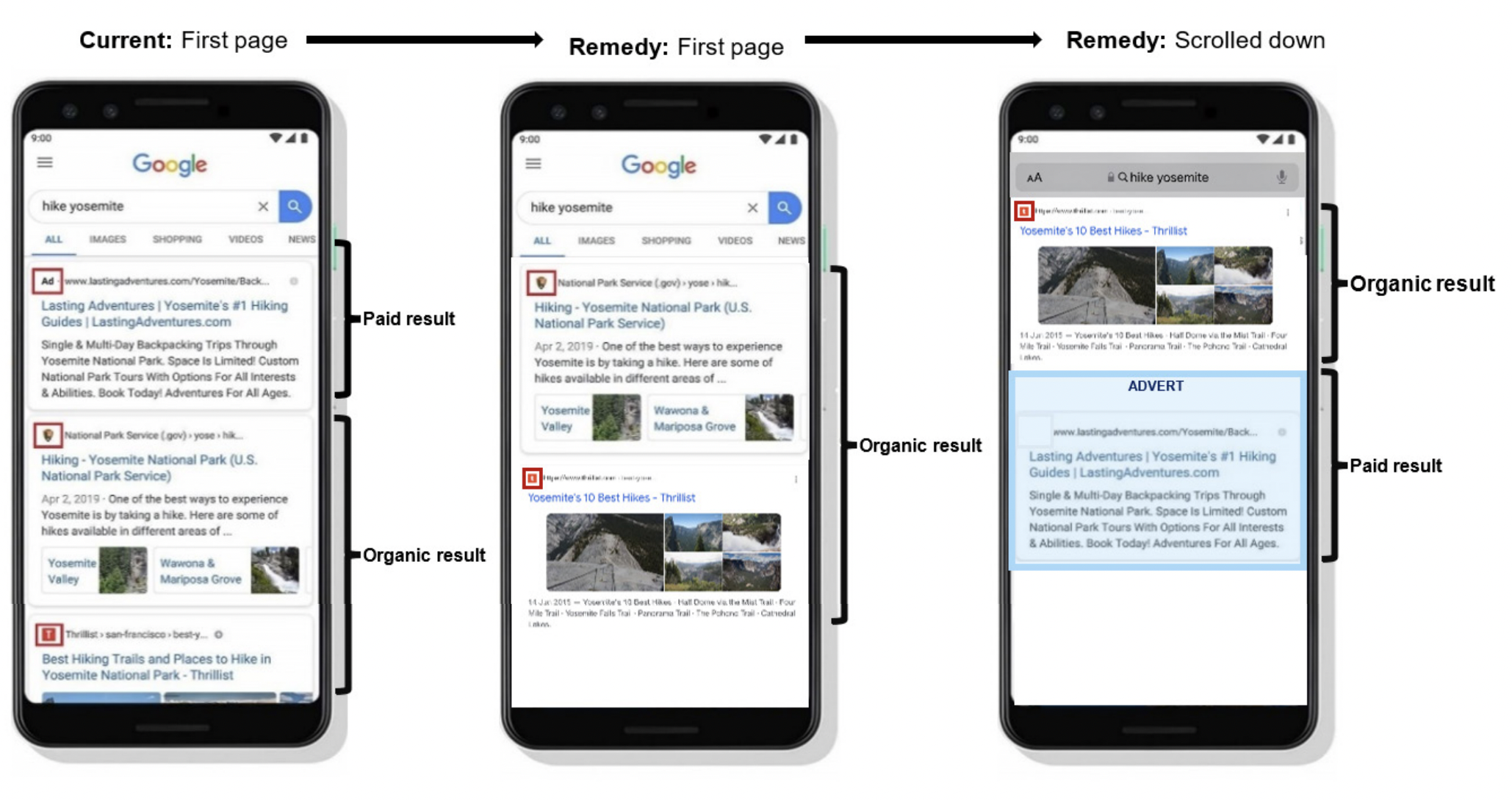Big tech companies are facing increased scrutiny in South Africa for dominance abuse and anti-competitive behavior, just months after the country’s competition regulator, the Competition Commission (CompCom), started an inquiry into the conduct of online intermediation (b2c) platforms.
In its initial findings, the regulator has established that Apple, Google, UberEats, Airbnb, Booking.com, and South Africa’s Mr Delivery; a food ordering and delivery platform, Takealot; an e-commerce site, Private Property and Property24; both real estate classifieds, and car classifieds Autotrader and Cars.co.za; have an unfair advantage as market leaders, and are operating in ways that impede competition.
The inquiry team is seeking further evidence, if any, from parties affected by the “competition…conduct or market feature” of these platforms. It is also seeking comments regarding findings in the report, as it moves into the final phase of the inquiry, which will include remedial action.
Google and Apple
Noting Google’s monopoly, the regulator stated the default positioning of its search engine on android and iOS mobile devices was problematic. The study also took issue with the prominence of paid search results (those that appear at the top of the page), indicating a lack of clear distinction from organic search findings.
The report recommended that the top search results be organically generated, adverts distinctly shaded or labeled, and paid results positioned at the bottom of the results page.
Illustration of the proposed Google search remedy on mobile device. Image Credits: South Africa Competition Commission
It further called for an end to Google’s preference for its own specialist (shopping, travel and local) search tools, saying that they bar competition from aggregators, comparator sites and online travel agencies.
“Google must afford competing metasearch or specialist search (including travel, local and other), comparator sites (shopping or other) and online travel agents the same opportunity to provide content and visual rich impressions or units that it affords its own specialist shopping, travel and local search units. Google may no longer impose minimum bid thresholds for paid results,” CompCom said in its provisional remedies.
It also recommended “an end to default arrangements for Google Search on iOS and Android devices sold in South Africa.”
In-app stores, it noted, “complete exclusion of competing software app stores and side-loading by Apple which impedes effective competition for commission fees.” The default arrangements of Google Play on android devices, the Commission said, has affected competition from other android software app stores.
The regulator also fingered the Google Play Points loyalty scheme, which it says, is funded by extracting discounts from app developers, a strategy it found to hinder competition from smaller players.
“A lack of competition has resulted in excessive commission fees to the detriment of South African app developers, publishers and consumers of apps acquired through the SA storefront requiring in-app payments,”
“…given that Apple will not allow competition and refuses to compromise on security, and Google Play has become entrenched, there needs to be a remedy that either regulates these platforms or successfully takes transactions off the stores altogether so they cannot be monitored and taxed. For this reason, the …read more
